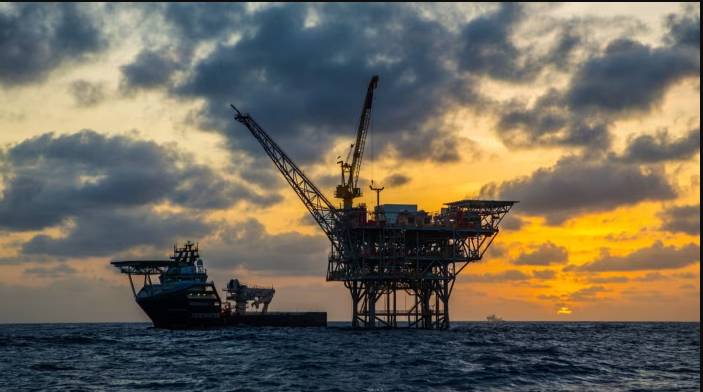
IFJOBMXWTRMJPJHLVDKQRXKWXI 1 scaled
The representative of G7 (Image ref: REUTERS)
Mavhungunekuvule Mungomeni
(The Post News) – On Sunday, April 14th, the G7 leaders issued a prohibition against an attack on Israel by Iran, which occurred on the night of Saturday, April 13th. Additionally, the G7 leaders emphasized the need for all parties to exercise restraint to avoid a regional war. Despite significant international pressure concerning the Israel-Iran conflict, the leaders urged that this matter be given priority on the EU’s agenda for the upcoming week.
According to the report by Alexandra Brzozowski, the extraordinary meeting, convened by Italian Prime Minister Giorgia Meloni, came after Iran attacked Israel. The G7 leaders accused Iran of further stepping toward the destabilization of the region, adding that Tehran risks provoking an uncontrollable regional escalation. It must be avoided. The region has been on high alert since Sunday, April 14th, as Israel’s war cabinet debates whether and how to retaliate against Iran, which Western leaders fear could cause the conflict to spread across the region.
G7 leaders said, “We will continue to work to stabilize the situation and avoid further escalation. In this spirit, we demand that Iran and its proxies cease their attacks, and we stand ready to take further measures now and in response to further destabilizing initiatives. We vow to strengthen cooperation to end the crisis in Gaza, including by continuing to work towards an immediate and sustainable ceasefire and the release of hostages by Hamas, and to deliver increased humanitarian assistance to Palestinians in need.”
European Council President Charles Michel said, “We unanimously condemned Iran’s unprecedented attack against Israel. We will continue all our efforts to work towards de-escalation. Ending the crisis in Gaza as soon as possible, notably through an immediate ceasefire, will make a difference.
European Commission President Ursula von der Leyen has stated that the EU will consider imposing further sanctions on Iran in collaboration with its partners, particularly regarding its drone and missile programs. Some EU diplomats believe that this approach could have a dual impact by not only restricting Tehran’s ability to supply drones to Russia for its war in Ukraine but also limiting its own drone and missile programs. This announcement was made after the G7 talks.




